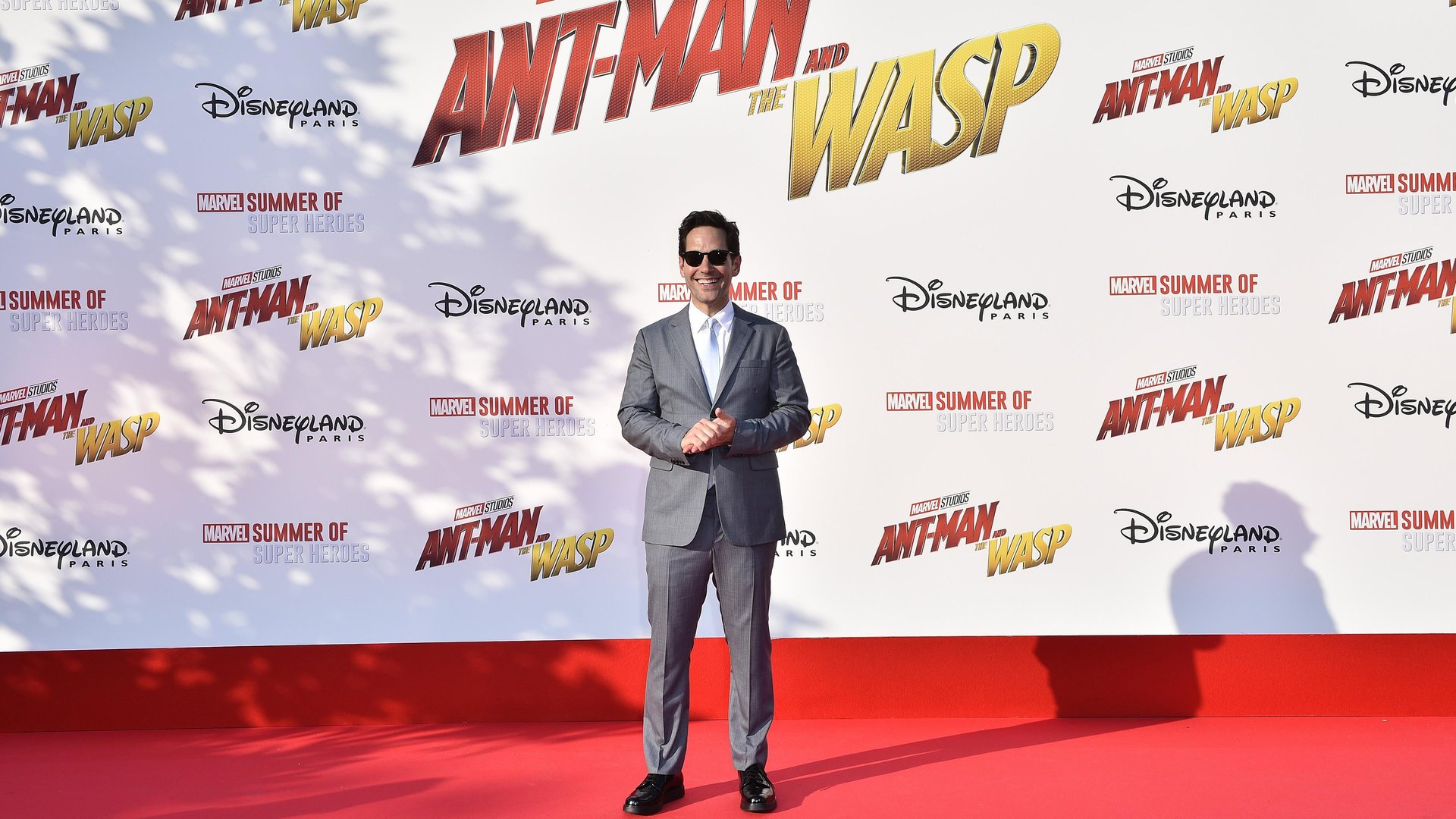China didn't release a single Marvel movie in three years. Next month, two will hit the screens
Black Panther: Wakanda Forever and Ant-Man and the Wasp: Quantumania will release in China in February

The last Marvel movie to hit Chinese theaters was Avengers: Endgame back in 2019.
For the following three years the country, which vets and releases foreign films on a case by case basis, did not approve any new title by the Disney-owned superhero studio. But after this Chinese New Year, things will change.
In February, two Marvel movies will make their way onto Chinese cinema screens. From Feb. 7, audiences will be able to watch Black Panther: Wakanda Forever, which is releasing in China three months after its worldwide release. Ten days after that, on Feb. 17, Ant-Man and the Wasp: Quantumania, will release in China—the same day as in the US.
Peeking behind China’s de facto ban on Marvel movies
Chinese regulators haven’t openly discussed the reasons for rejecting Marvel movies in the last couple of years. A few motivating factors might be:
🇨🇳 Prioritizing local content. Scarlett Johansson-starrer Black Widow’s July release coincided with a blackout period in China, where only local productions debut and foreign films are shut out. A late release wouldn’t have boded well for box office collections given sophisticated pirated copies and torrents flooding the market.
🤬 Censorship over anti-establishment views. Eternals likely didn’t get a release because director Chloé Zhao has been a vocal critic of her home country in interviews. (China had even censored Zhao’s Oscar win.) Similarly, the chances of Shang-Chi and the Legend of the Ten Rings, featuring Marvel’s first Asian superhero, getting a release got slimmer as old videos of star Simu Liu speaking of poverty and starvation in the country surfaced. Even Liu sharing his favorite drink drew flak because it was made by a Hong Kong brand that had been deemed “anti-China.” Doctor Strange in the Multiverse of Madness may have been banned for a shot where a newspaper kiosk showed the Chinese characters for The Epoch Times, an international newspaper that opposes the Chinese Communist Party.
🏳️🌈 Censorship of LGBTQ+ censorship. Another reason Eternals was not given a release date could’ve been a same-sex kiss in the movie. Similarly, Chinese authorities may have denied the latest Doctor Strange movie a release because the character America Chavez (played by Xochitl Gomez) is a lesbian. Thor: Love and Thunder was likely also banned in China due to multiple LGBTQ+ references.
🇺🇲 Censorship of symbols of US patriotism amid the US-China trade war. China reportedly asked Sony to scrub the Statue of Liberty—a key feature of the climax sequence—from Spiderman: No Way Home. Sony refused, and the film didn’t make it to Chinese theaters.
💬 Racism. Tom Hardy, the star of the 2021 film Venom: Let There Be Carnage, which was also denied a China release, used the term “Chinaman” in multiple interviews where he praised actors Marlon Brando and Mickey Rooney for roles they played in yellowface.
Despite the heightened scrutiny, Marvel movies have one big reason to continue screening in the mainland: big money.
Marvel movies in China, by the digits
10%-20%: Share of Marvel movies’ box office revenue collected in China since 2012 (before the rules were changed), second only to the US and Canada
$105 million: China box office earnings for 2018’s Black Panther
$121 million: China box office earnings for the second Ant-Man movie called Ant-Man and the Wasp
$170-$340 million: How much additional revenue Spider-Man: No Way Home potentially lost out on by not releasing in China
Person of interest: Bob Iger
“Took Iger 40 business days to end the Marvel blockade in China,” entrepreneur and author Matthew Bell tweeted on the news of China lifting the unofficial ban on Marvel movies.
While neither China nor Marvel Studios has disclosed the reason for the change in heart, Bob Iger–the long-term CEO who’s been brought back for two years to do damage control—has historically had good relations with China. He was responsible for getting Chinese authorities to green-light the Shanghai Disneyland project. After he first departed Disney, he was even being touted as a candidate for US ambassador to China.
Related stories
🗣 Disney issued a blistering statement on activist investor Nelson Peltz’s bid to join its board